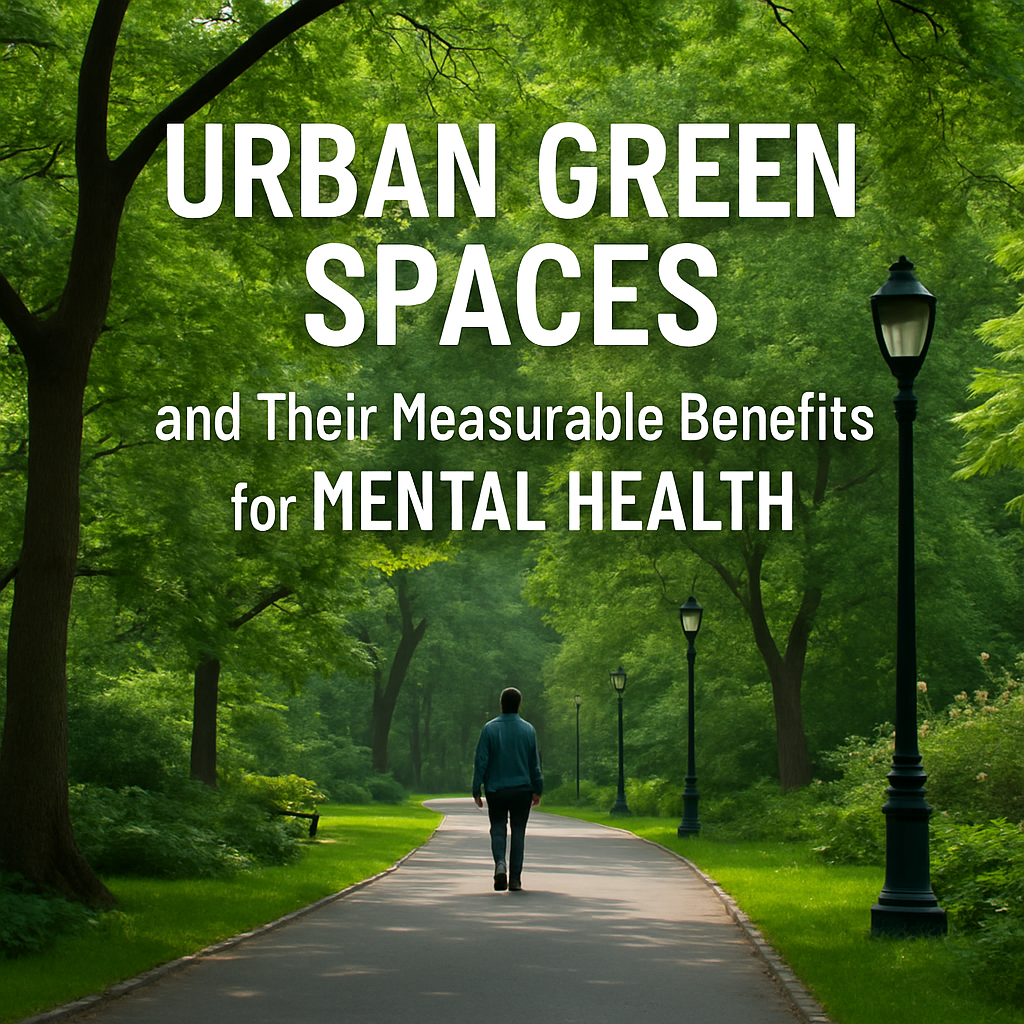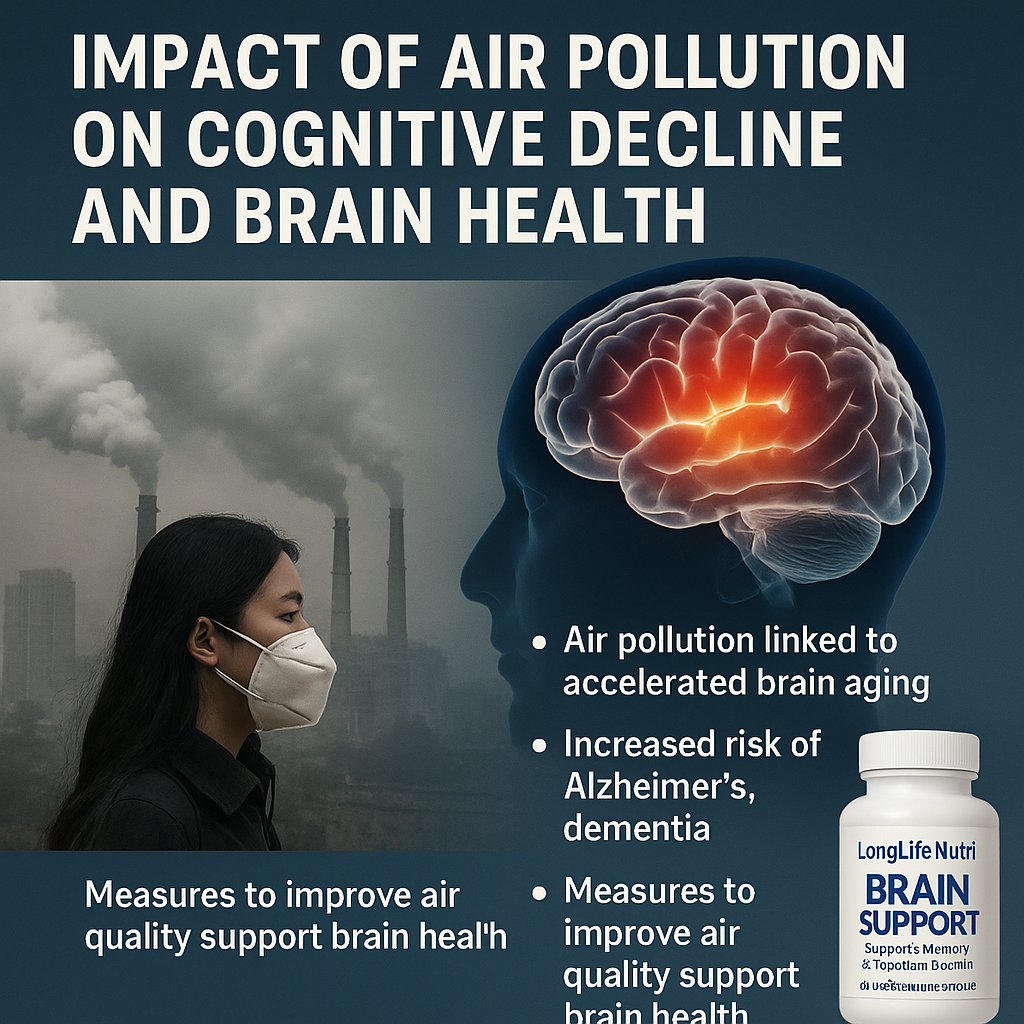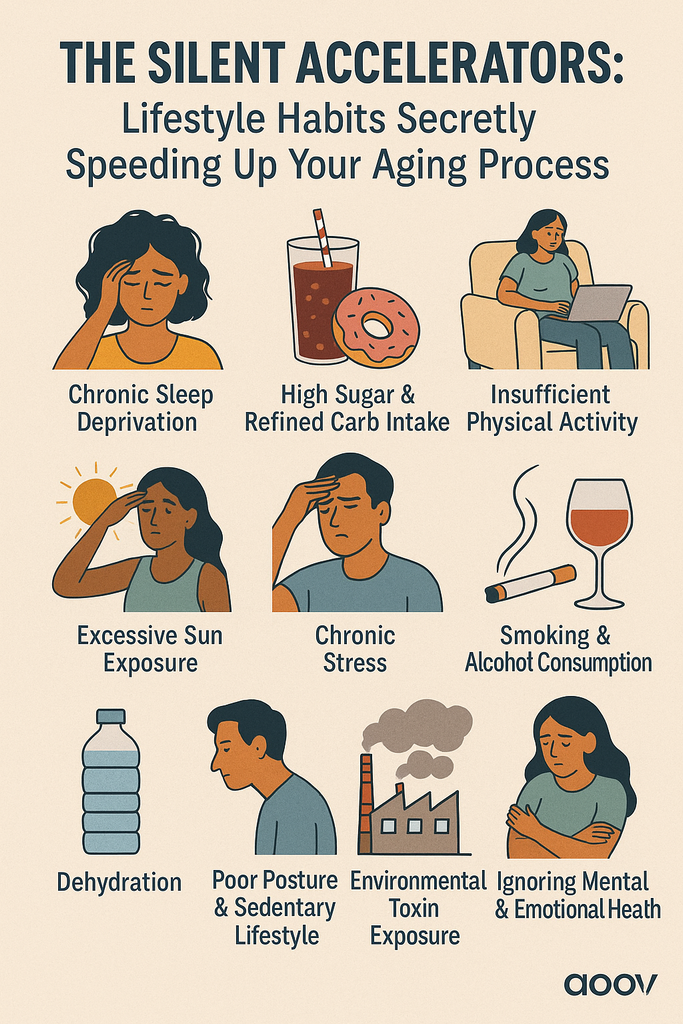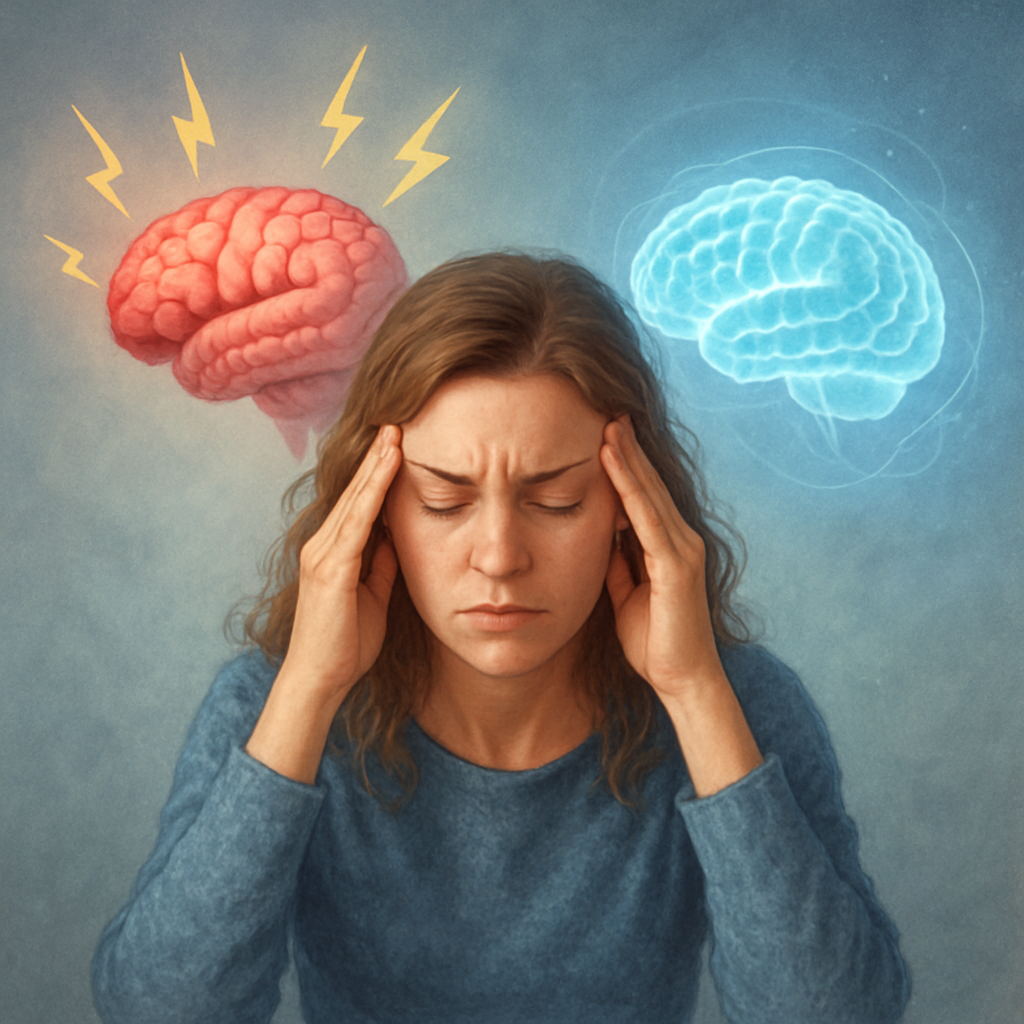News — mental health
Urban Green Spaces: How Nature in Cities Boosts Mental Health
city design city parks cognitive restoration cortisol reduction depression relief eco-therapy environmental psychology green cities green infrastructure green space anxiety holistic health mental health mental wellness natural mental health supplements nature and mood nature therapy public health stress reduction urban green spaces urban planning mental health
As concrete jungles expand and digital distractions increase, the need for natural sanctuaries within cities has never been more urgent. Urban green spaces—parks, gardens, tree-lined streets, and even small rooftop oases—are more than just aesthetic features. They’re lifelines for mental health in environments often defined by stress, noise, and overstimulation.
Research from around the world is now confirming what intuition has long suggested: spending time in urban greenery significantly improves psychological well-being. Whether it’s a brisk walk through a city park or a few quiet minutes under a tree canopy, the mental health benefits are not just anecdotal—they’re measurable, profound, and increasingly vital for urban populations.
Air Pollution and Cognitive Decline: Protecting Brain Health from Environmental Damage
air pollution air quality Alzheimer's disease brain health brain supplements children's brain development clean air cognitive decline dementia risk environmental toxins inflammation memory loss mental health neurodegeneration neurotoxicity oxidative stress PM2.5 pollution and IQ public health urban pollution
We often think of air pollution in terms of respiratory issues and environmental damage, but emerging research is painting a much more alarming picture. Our brains—once thought to be insulated from airborne toxins—are now recognized as vulnerable targets of chronic exposure to polluted air. The fine particulate matter that clogs our skies may also be silently eroding cognitive function and accelerating the onset of neurodegenerative diseases.
This growing body of evidence is a wake-up call: the impact of air pollution on brain health is real, measurable, and deeply concerning. From subtle declines in memory to heightened risks for Alzheimer’s and Parkinson’s, long-term exposure to polluted air is now considered a major, modifiable risk factor for cognitive decline. As we examine the science behind this invisible threat, one thing becomes clear—we need to start treating air quality not just as an environmental issue, but as a critical public health priority.
The Silent Accelerators: Lifestyle Habits Secretly Speeding Up Your Aging Process
aging myths aging prevention aging process anti-aging strategies chronic inflammation dehydration environmental toxins health and wellness healthy aging lifestyle habits mental health oxidative stress physical activity premature aging skincare sleep deprivation stress management sugar and aging sun exposure youthful lifestyle
Aging is a natural process we all face, but how fast we age—and how gracefully we do it—often depends on factors well within our control. While genetics play a role, our daily choices can either protect us from premature aging or quietly push the fast-forward button on the clock. The surprising truth is that many common lifestyle habits, often considered harmless or even beneficial, may be silently accelerating the aging process without us realizing it.
By identifying these silent accelerators and making informed adjustments, it's possible to slow down the wear and tear on your body, preserve your vitality, and enjoy a longer, healthier life. In this article, we'll uncover the hidden habits that contribute to premature aging and provide actionable tips to help you stay youthful inside and out.
How Stress Affects the Brain and Your Mental Health
adaptogens amygdala and fear anxiety BDNF brain fog brain supplements chronic stress cortisol cortisol balance depression and stress hippocampus shrinkage LongLifeNutri memory and stress mental health neuroplasticity stress and the brain stress recovery stress relief remedies stress relief supplements stress symptoms
Stress is an unavoidable part of modern life — but when it becomes chronic, it can wreak havoc on your brain and emotional well-being. While a certain amount of stress can motivate you and sharpen focus, too much for too long triggers chemical changes in the brain that affect memory, mood, and even your physical health. The result? You may feel anxious, forgetful, irritable, or overwhelmed — and that’s just the beginning.
Understanding how stress affects the brain is crucial for protecting your mental health. The brain-body connection is real, and stress doesn’t just live in your mind — it shapes how your brain functions on a structural and hormonal level. In this article, we’ll explore the neurological impact of stress, the symptoms it can cause, and actionable ways to manage it before it takes a toll on your mental wellness.
Seasonal Affective Disorder: Symptoms, Causes & Effective Treatments
bright light therapy circadian rhythm depression lifestyle tips light therapy melatonin mental health mental wellness mood support natural remedies SAD seasonal affective disorder seasonal mood disorder serotonin summer SAD supplements for SAD symptoms of SAD therapy for SAD vitamin D winter blues winter depression
Have you ever noticed your mood taking a dip as the days grow shorter and winter sets in? For many, this is more than just a case of the winter blues—it’s a real medical condition called Seasonal Affective Disorder (SAD). Millions of people worldwide experience SAD each year, but with the right knowledge and strategies, it's possible to manage symptoms and feel better all year long.
In this guide, we’ll explore the key symptoms of Seasonal Affective Disorder, dig into the root causes behind it, and outline effective treatment options that can help restore balance and happiness even during the darkest months. Whether you or someone you know is struggling with SAD, understanding the condition is the first step to regaining a brighter outlook.





